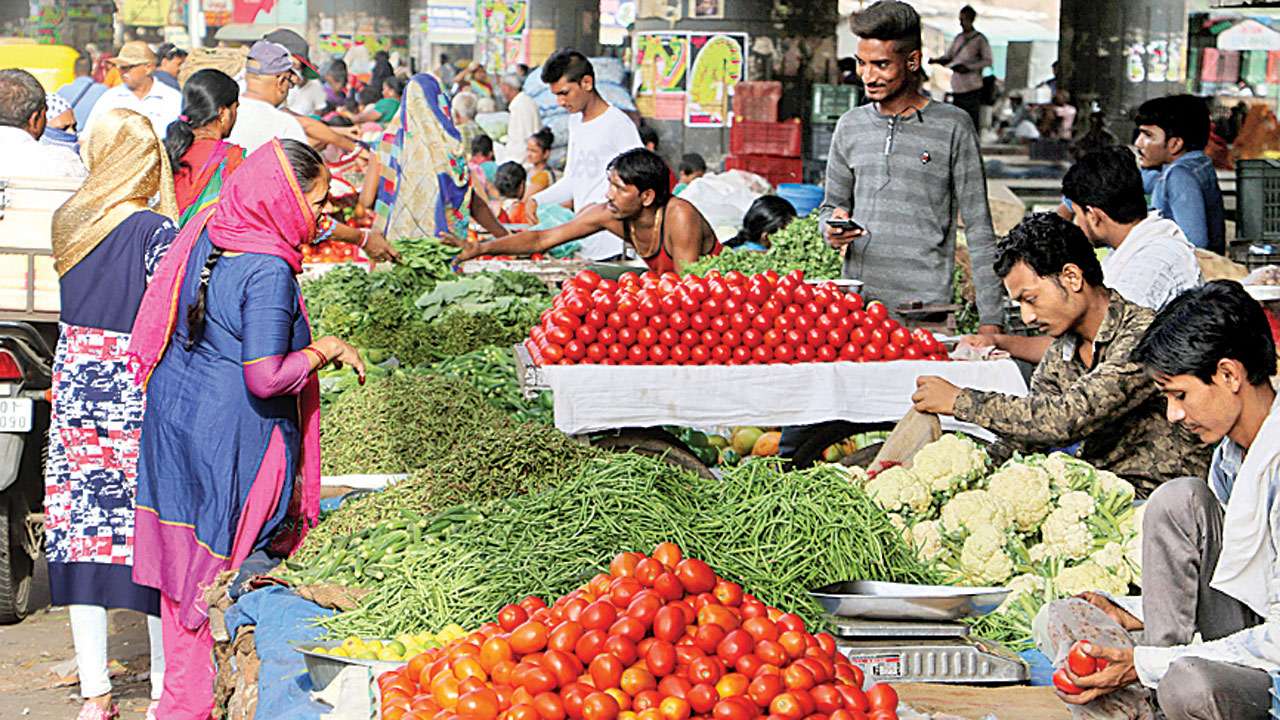India attained freedom from British rule on 15 August 1947 but hardly from British rules and regulations. Many restrictions, imposed during world war 2, by the British government continue to govern independent and war-free India. The fear of scarcity and runaway inflation dictate many aspects of policy, most notably in the case of food commodities.
In October 1948, the shop, godown and residence of Hiralal Manilal, a halwai in Bombay, were raided by an Inspector of Rationing. The Inspector had found 48 kgs of rice more than the legally permissible quantity for a family of nine. Hiralal was also in possession of over 219 kgs of wheat at his godown. Hiralal’s counsel argued that the additional rice at his home was for the six servants that worked at his shop and the flour was not wheat flour but corn flour. The Judge was not convinced and convicted Hiralal for violating the terms of Essential Supplies (Temporary Powers) Act, 1946. Hiralal was imprisoned for six months and fined Rs 1000.
During world war 2, the world came face to face with stemming hoarding and managing uninterrupted food supplies. In India, the Bengal Famine of 1943—killing 3 million Bengalis—had imprinted the population with images of mass hunger and deprivation.
The British government in a state of alarm adopted a system of controls, rationing and state procurement of food grains from a policy of laissez-faire in 1942. Even the staunch supporters of free trade found themselves hard pressed to argue against systematic controls. For instance, the governor of Bihar, T. Stewart, wrote in a letter to the viceroy of India, Linlithgow: “By conviction I hold with Adam Smith but in a crisis like this I am prepared to accept 100% control.” (Indivar Kamtekar 2017)
Unfortunately, even though the war got over, the war-time measures remained (and remain till date today). The Essential Supplies (Temporary Powers) Act, 1946 was one among the many injunctions Independent India inherited. The 1946 Act was modified to what is called the Essential Commodities Act 1955. Besides, the state governments adopted the Agricultural Produce Markets Committee Acts restricting the sale and purchase of agricultural products outside the government-mandated markets. Together, these allowed the government to sale, purchase, movement, storage and price of grains.
Few dared to argue against these controls. The most vocal and influential was Gandhi. Concerned that such restrictions would dilute moral values and lead to “fraud, suppression of truth, intensification of the black market and to artificial scarcity”. Taking a moral position, in a 1947 letter, he argued:
I have not the least doubt in my mind that food control must go now—as soon as practicable. If a few Indians die in consequence, I will shed no tears. But the idea that we should share the available food equally cannot be spread through laws, and even if legislation were to succeed in doing so, I would not praise it. On the contrary, I would not hesitate to charge it with having done violence to the human spirit.
C. Rajgopalchari, was perhaps the first to rise above the scathing images of mass hunger and support free trade fearlessly. In a 1953 article, Sovani critically calls him an astute politician. Why? Because he suspended rationing and brought a halt to the procurement system in the state of Madras in 1952. As prices fell, states like Bihar, Uttar Pradesh, Hyderabad, Mysore, Saurashtra and Madhya Bharat followed suit. At the end of 1954, rationing was lifted entirely, and there were no subsidies.
However, the phase of decontrol was short-lived; whenever prices short up, the state quickly re-emerged from the contours to procure, distribute, and interfere with the market system.
Till date, the government continues to loathe stockists, vilifying them as hoarders; in 2019, 76,000 individuals’ enterprises were raided, according to the Economic Survey 2019-20. Over 2,900 men and women, like Hiralal, were convicted under the Essential Commodities Act 1955.
The Economic Survey dedicates a chapter to the ineffectiveness of these measures. The ECA has not been successful in stabilizing prices and has dis-incentivized private storage of food grains—a necessity emerging from seasonal nature of agriculture markets. Yet, in the 2020 ordinance, the government retains the power to interfere with the market, albeit in “extraordinary” circumstances. Only in case of a 100% increase in the price of perishable goods and 50% increase in non-perishables (over the price in the preceding 12 months or average retail price of the past five years) can/will the government impose price or stock controls.
In a freer world, with infrequent emergencies, and sufficient food production, the power to impose such controls inhibit market investment, handicap market development and hence agricultural growth. As the Economic Survey suggests, the country would be better off without the ECA. The measures that were adopted temporarily have stayed permanently. But unfortunately, the fear of price rise and scarcity, associated with times of war and carried over by our socialist leaders, has seeped in so deep that no degree of external prosperity undoes the fear of impoverishment.
Read more: An Ode to the Krishi Mandis of India
Post Disclaimer
The opinions expressed in this essay are those of the authors. They do not purport to reflect the opinions or views of CCS.





